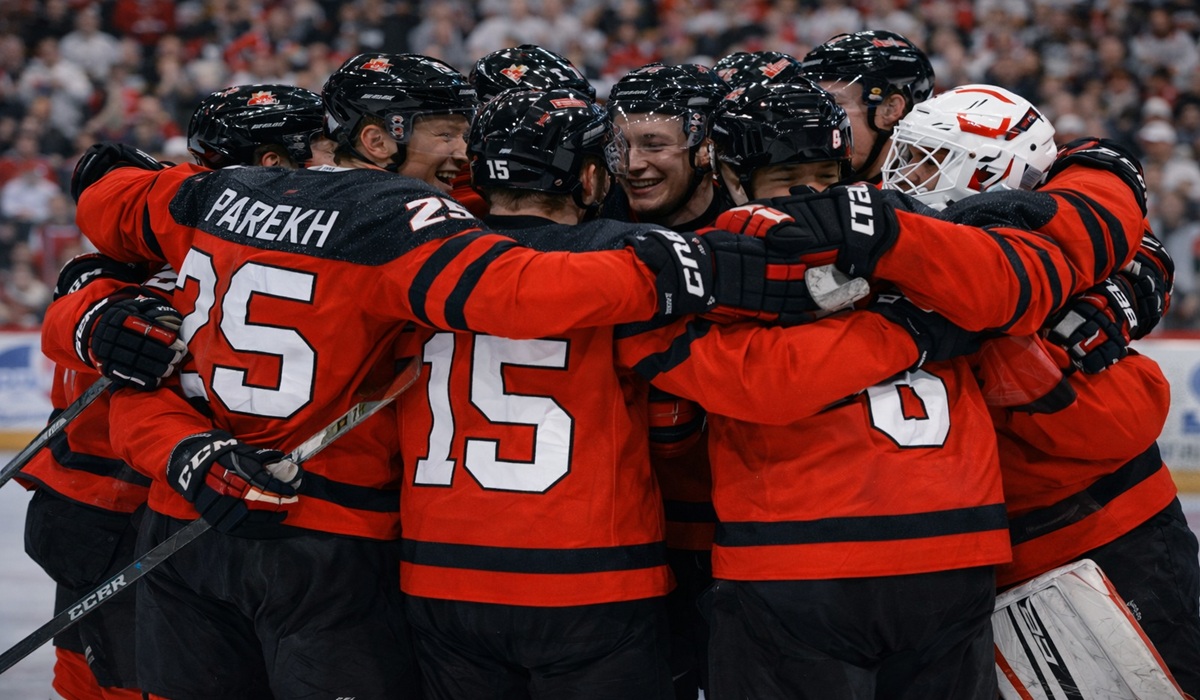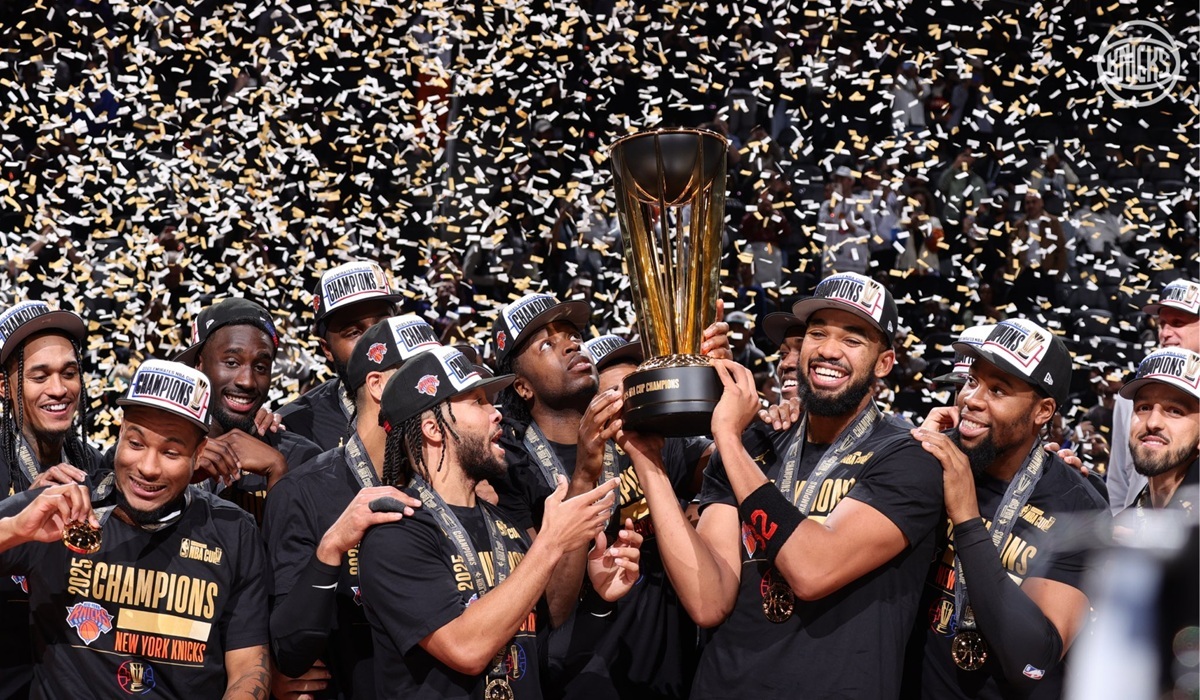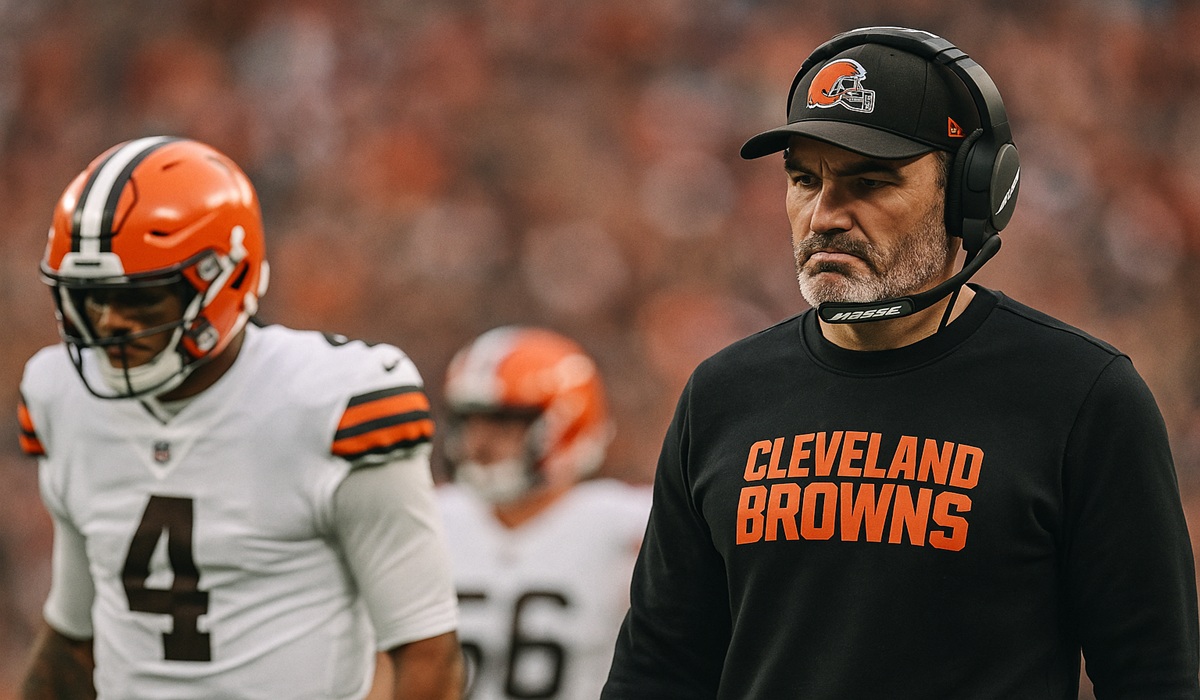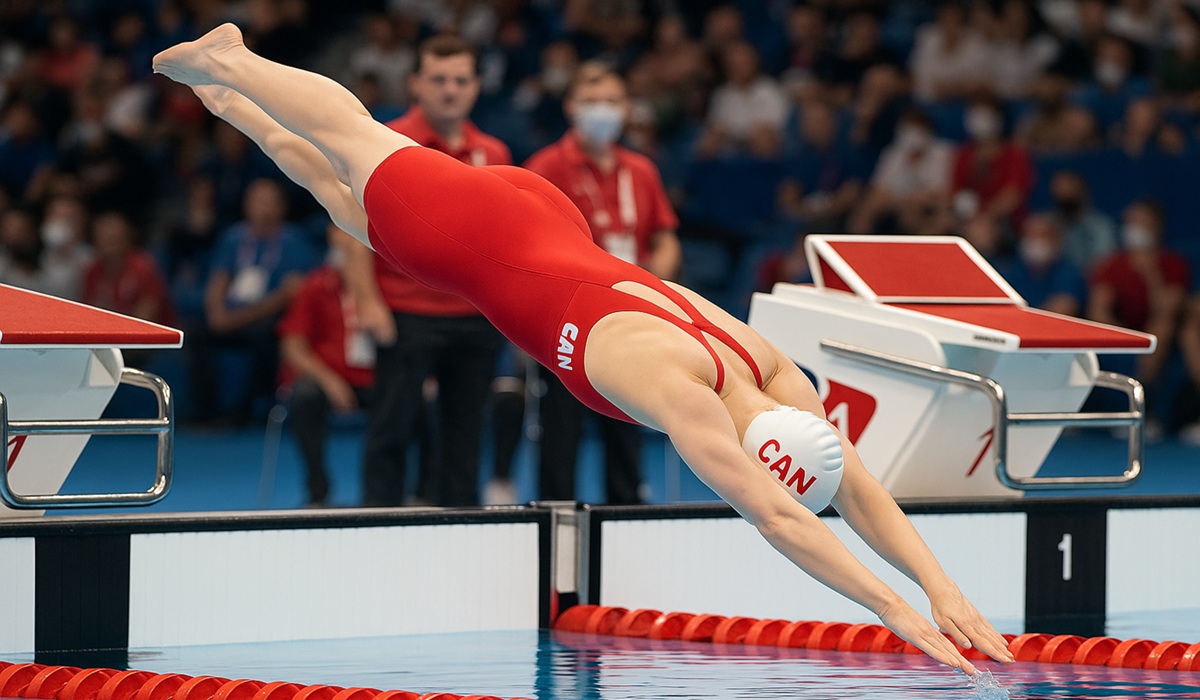Burkina Faso’s Under-17 Triumph Over Germany: A Victory Far Bigger Than the Scoreline
- Kingston Bailey
- Sports
- November 16, 2025
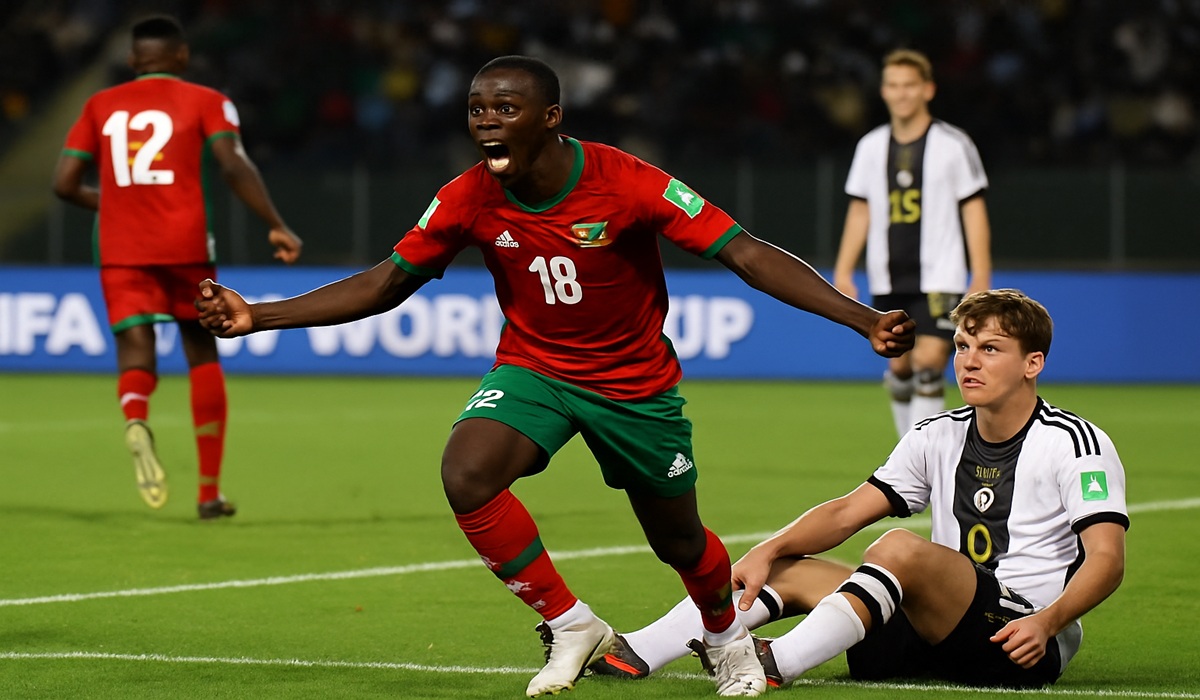
There are moments in football that feel less like sporting events and more like turning points in a nation’s story. Burkina Faso’s under-17 boys shocking Germany—the reigning world champions—to reach the Round of 16 is one of those moments. The scoreline will be recorded, replayed, and remembered, but what this match symbolizes goes far beyond a single night of jubilant football. It speaks to a country rewriting its narrative, rediscovering its confidence, and proving that adversity does not have to define destiny.
For years, Burkina Faso has been described through the language of struggle. Political instability, security challenges, youth unemployment, and long-standing economic pressures have shaped global perception. But sports have an uncanny way of revealing a country’s soul in moments when the rest of the world isn’t paying close attention. On this night, the boys in red, gold, and green showed the world a Burkina Faso that is hungry, fearless, disciplined, and unbound by the shadows of its past.
Germany arrived with pedigree, infrastructure, and the weight of expectation. Burkina Faso arrived with belief. And sometimes, belief is enough to pull down giants. From the opening minutes, the young Stallions refused to be intimidated by history. They pressed Germany with intensity, kept possession with dignity, and attacked with a boldness that suggested they were playing for something far deeper than a place in the next round. They were playing for identity, for pride, and for the millions of Burkinabè who have quietly carried hope through difficult years.
The new president’s message to the country has been one of renewal. Renewal of confidence, renewal of national unity, renewal of the idea that Burkina Faso belongs at the global table—politically, economically, and yes, athletically. It is impossible to watch this under-17 team without seeing shades of that transformation. The boys represent a generation that refuses to inherit insecurity as their defining story. They are the children of a turning point, raised in a political moment where the country is actively reclaiming its sovereignty and reshaping its future. Their victory over Germany feels almost poetic in that context.
Football has always been the continent’s great mirror. It reflects who is rising, who is rebuilding, who is learning to dream again. Nations often experience a cultural shift long before the numbers or reports show it. But anyone who has spent time around Burkinabè youth in the last few years could sense something was changing. There is a new kind of determination in their voice, a bolder posture in the way they talk about opportunity. This victory is not an anomaly. It is the manifestation of a silent evolution.
The talk shows will have a field day with this moment—and rightfully so. This win is not just an upset; it is a statement. It says Burkina Faso can compete with anyone, even the most established programs. It says investment in youth development, no matter how modest, can produce world-class talent when mixed with resilience and national pride. It says the country’s young people are ready to step out of the margins and into the spotlight.
The image of those boys celebrating on the pitch will become a symbol. It will be replayed in classrooms, in living rooms, in cafés, in the busy streets of Ouagadougou and Bobo-Dioulasso. Young children will watch it and see not just footballers, but a reflection of themselves—possibilities, ambitions, futures opening like doors that once seemed permanently closed. That is the quiet magic of sports: it alters the horizon line of a generation.
Germany will go home wondering how a nation with fewer resources outplayed them with such discipline and fire. But that is the beautiful unpredictability of football—and the powerful resurgence of a nation discovering its voice again. Burkina Faso’s victory is part warning shot, part celebration, part prophecy. It hints at a new chapter where the country is no longer viewed through the narrow lens of global hardship but through the wide-open lens of potential.
The Round of 16 awaits, and regardless of what happens next, this moment will endure. It will be remembered as one of the first great markers of Burkina Faso’s new era—a win that transcended sport and became a quiet anthem for national revival.
For now, the world has no choice but to say it out loud: Burkina Faso has arrived. And they are not done.

